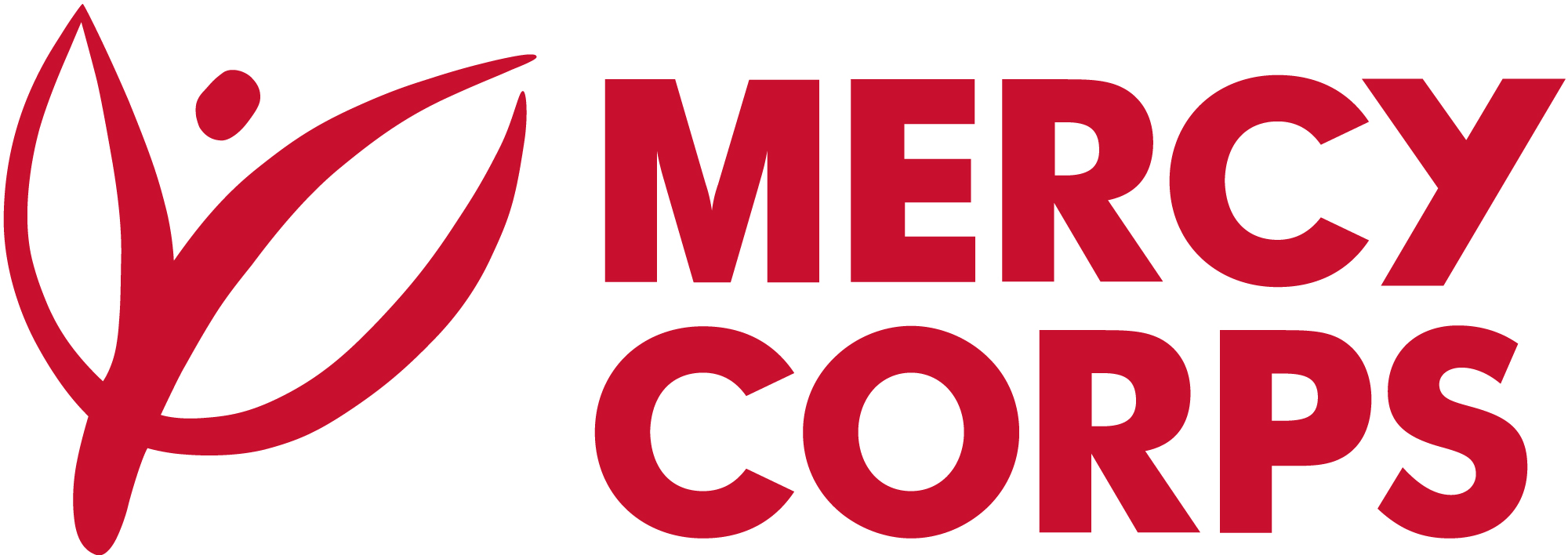Key Takeaways:
- Since October 8, Hezbollah and Israel have engaged in escalating tit-for-tat attacks along Lebanon’s southern border. Eleven civilians have been killed in the fighting and 31 others injured as of November 9. As of November 1, 25,708 individuals had been internally displaced by the conflict, impacting access to education and healthcare.
- Fighting along the southern Lebanese border caused material damage to public infrastructure, houses, and farms, raising concerns that an escalation in fighting could damage more essential infrastructure and further degrade state water and electricity provisioning.
- The National Committee for the Coordination of Threats from Disasters and National Crises, the Coordination Committee with International Organizations, and the cabinet’s Disaster Risk Unit published a draft national emergency contingency plan. The plan would take effect in the event of a wider conflict in South Lebanon or other regions of the country. The emergency plan stipulates at what point the response would go into effect, contains an assessment of state resources that can be mobilized, and designates which ministries and bureaucratic entities would be responsible for engaging in the response and how they would coordinate with international non-governmental organizations.
- Parliament’s Finance and Budget Committee called on the Court of Audit to review the caretaker government’s conversion of USD 1.063 billion in International Monetary Fund (IMF)-issued Special Drawing Rights (SDR) by September 2023. The committee asserts that the caretaker government’s action violates Article 83 of the Lebanese Constitution and Public Accounting Law Article 242 because the government used SDRs to cover fuel, wheat, and pharmaceutical imports without first seeking approval from parliament.
- The Finance and Budget committee merged and initiated a review of the 2023 and 2024 draft budgets. The committee announced that the caretaker cabinet prioritized operational expenses over essential economic reforms in the drafts sent to parliament, with “long-term investments” comprising just 7% of the total LBP 277 trillion in expenditures. Committee members also asserted that tax code adjustments in the drafts sent to the parliament are selective and are not compatible with structural reforms required by the IMF to unlock state financial assistance.
By Crisis Analytics Team, Mercy Corps Lebanon



